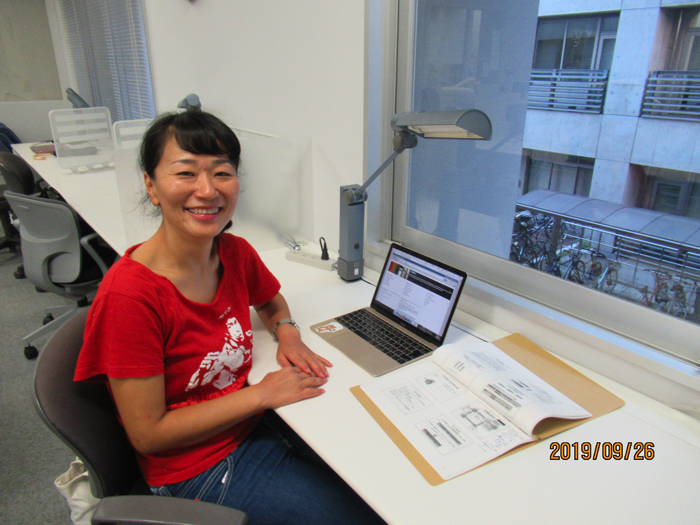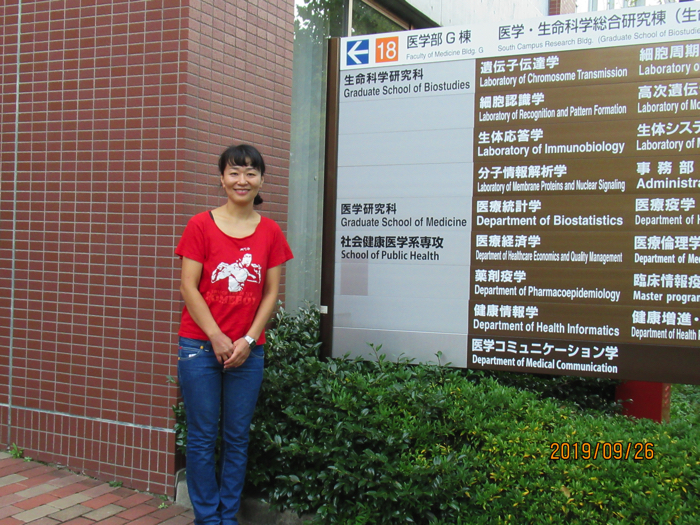- Project Leader : Maeda Sae (Kyoto University, Graduate School of Medicine)
Outline of Research
Gynecological cancer treatment has been reported to cause complications such as sexual dysfunction. However, despite the persistent lack of information and inadequate responses by healthcare providers to post-treatment complications, few studies have so far investigated this issue in Japan. Therefore the purpose of this study is to review available literature on sexual life support and sexuality awareness after treatment of gynecologic cancer in Southeast Asian countries with a high incidence, and to investigate factors influencing information seeking behaviors among gynecologic cancer survivors in both Southeast Asian countries and Japan.
Description
Reports show that gynecological cancer treatment can cause complications such as sexual dysfunction and that patients are ultimately forced to adapt to changes in sexuality as a result of gynecologic cancer diagnosis and treatment. This affects not only patients’ sexual activity, but also their relationship with their partners and their perception of femininity. These changes can have a profound effect on the patient’s life after treatment. According to the applicant’s research so far, despite needing information on sexual life, information seeking behavior is not demonstrated by gynecological cancer survivors due to 1) the perception that such behavior and information is taboo and 2) a lack of medical personnel specializing in providing support on sexual life. Few studies have so far investigated the support infrastructure available for the sexual life of survivors after treatment of gynecologic cancer. Therefore this study will review available literature on sexual life support and sexuality awareness after treatment of gynecologic cancer in Southeast Asian countries with a high incidence, and investigate factors influencing information seeking behaviors among gynecologic cancer survivors in both Southeast Asian countries and Japan. The study will provide insight into the hidden social problem of a lack of information on post-treatment sexual life provided by health-care staff, with a goal of improving the quality of life of gynecologic cancer survivors in both Southeast Asian countries and Japan. The results of this study could be useful for the sexual life support for all patients in Japan and Southeast Asian countries with female sexual dysfunction. Similarly,
it is expected to be a basis for the development of educational intervention programs on female sexual dysfunction for medical personnel.
 Literature search on sexual life support and sexuality awareness after treatment of gynecologic cancer |
 In research institution of Kyoto University |
